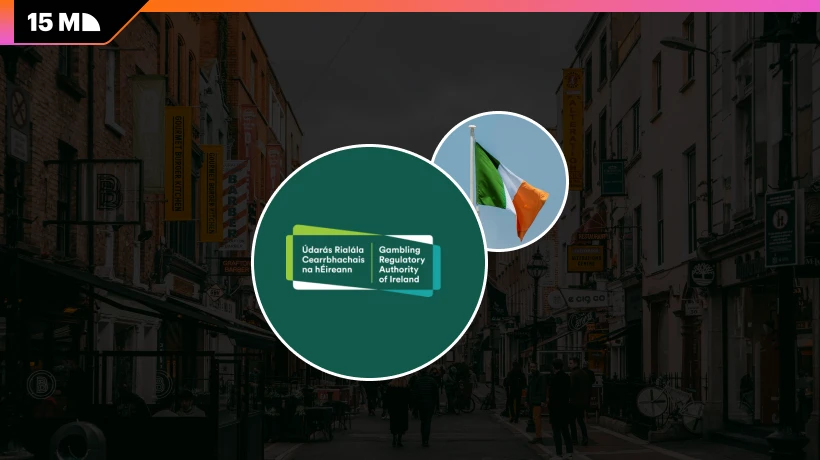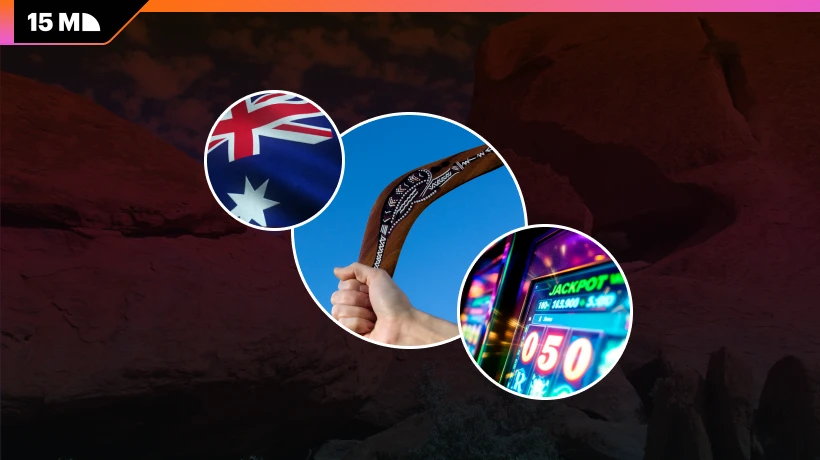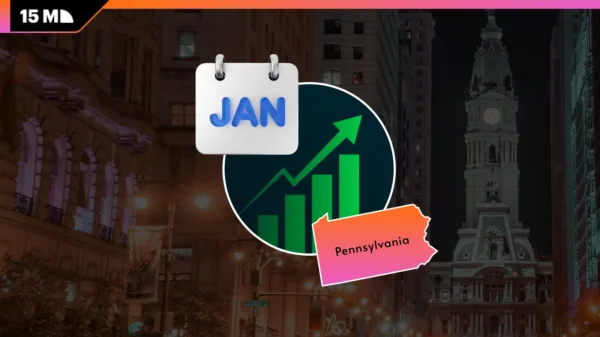Super Group stands nearly alone among major operators in supporting Britain’s new gambling taxes. CEO Neal Menashe praised the changes as “reasonable taxation of online gaming” during Tuesday’s statement. Most other big UK operators pushed back hard against the budget.
The company runs Betway and Spin brands across multiple markets. Super Group’s UK operations represent a smaller portion of its global business compared to domestic-focused rivals. That positioning likely influenced its response.
CFO Alinda van Wyk acknowledged a 6% hit to group adjusted EBITDA for 2026. But she said mitigation plans are already underway. The company doesn’t expect long-term strategy changes or shifts in capital allocation.
Why This Budget Splits the Industry
Remote Gaming Duty jumps from 21% to 40% starting April 2026. That’s nearly double the current rate. General Betting Duty on sports betting rises from 15% to 25% a year later.
Flutter UK & Ireland CEO Kevin Harrington called the increases “a very disappointing outcome.” He warned they create “a big win for illegal, unlicensed gambling operators who will become more competitive overnight.” Flutter estimates a $320 million adjusted EBITDA impact throughout 2026.
Entain CEO Stella David said she was “deeply disappointed” in the budget. Evoke projects annual duty costs will rise between $165.5 million and $178.7 million. The Rank Group also voiced concerns about competitiveness.
Super Group’s support comes with conditions. Menashe emphasised the government must provide “robust and strict enforcement against non-paying offshore operators.” Without that enforcement, he suggested the tax increases could harm regulated operators.
What Changes Take Effect Next Year
The RGD increase hits casino and slots first in April 2026. Sports betting taxes rise twelve months later in April 2027. This staggered timeline gives operators different adjustment periods.
Super Group already has “several mitigation levers in motion” according to van Wyk. The company didn’t specify these plans but said they’re designed to offset tax impacts. Its UK business makes up a smaller share of total revenue than domestic-focused competitors.
Flutter expects the changes to significantly impact its UK operations. The company operates Paddy Power, Sky Betting & Gaming, and other major British brands. Its exposure to UK markets is much higher than Super Group’s.
How Offshore Competition Becomes the Key Issue
Menashe’s statement focused heavily on enforcement against unlicensed operators. He called it “essential to protect the regulated sector’s investment in jobs, technology, and responsible gaming.”
The concern is simple. Licensed operators pay the new higher rates while offshore sites avoid them entirely. That creates a substantial price advantage for illegal operators.
Chancellor Rachel Reeves wants to address gambling harm through these tax increases. But critics argue the policy could push players toward unlicensed sites with fewer protections.
Super Group reported third-quarter revenue of $556.9 million in November, up 26% year-over-year. Net profit hit $95.8 million, jumping 830%. Those strong results may explain the company’s more accepting stance on higher UK taxes.







